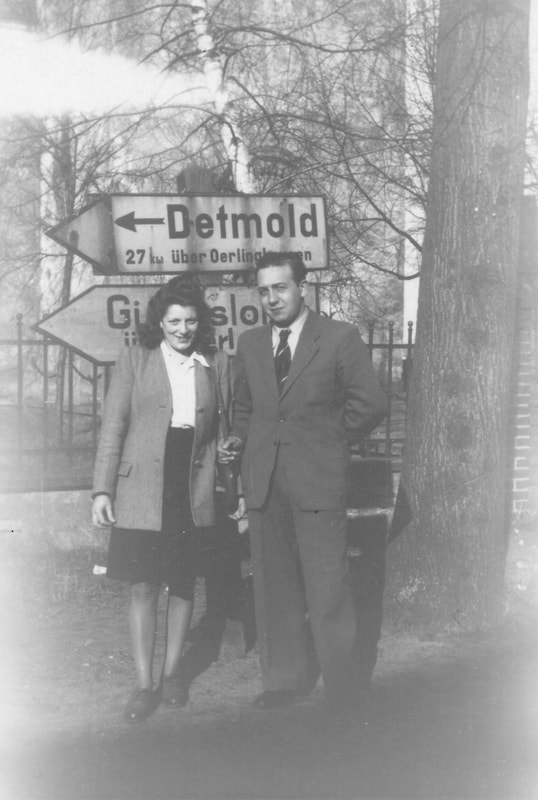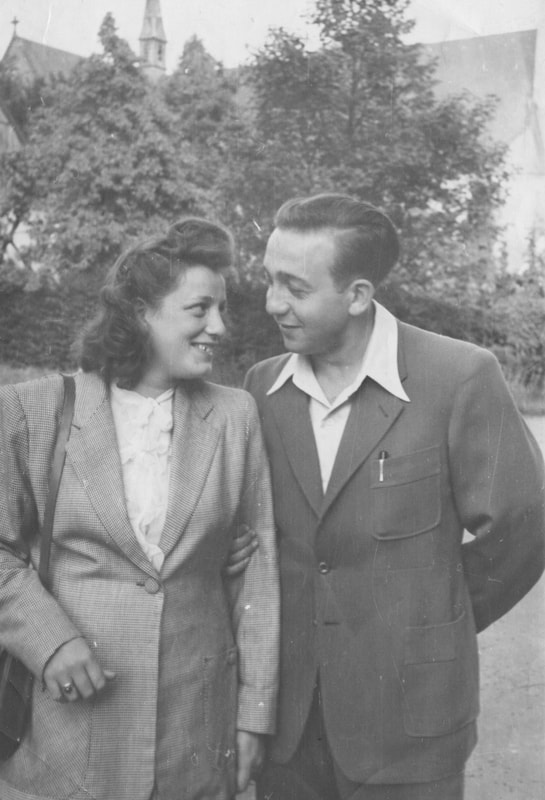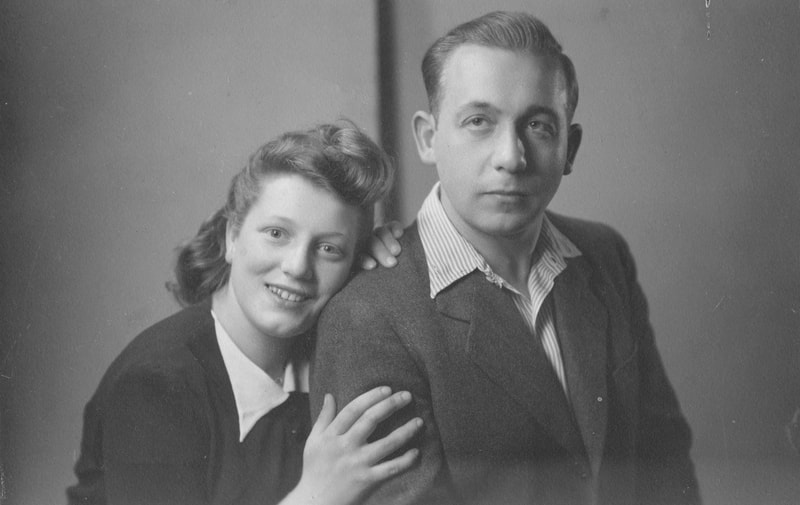In the midst of personal grief – and then a pandemic – arts journalist Marsha Lederman took on a project: to learn as much as she could about what happened to her parents during the Holocaust, and the impact of that on her own life, one generation later.
Marsha’s mother – from Radom, Poland – survived several camps, including Auschwitz. Marsha’s father – from Lodz, Poland – escaped slave labour under the Nazis and took on a new identity, surviving the war on a farm in Germany, pretending to be Catholic.
As Marsha – now a mother herself – struggles in her own life, she begins to research the science behind epigenetics and intergenerational trauma. She finds answers, parallels with other communities, and finally, hope.
This is a book about the Holocaust, trauma, parenting and community. For all the difficult details, it is often funny – and ultimately uplifting.
Published on May 3, 2022, it was an instant national bestseller.
Kiss the Red Stairs won the Cindy Roadburg Memorial Prize for Memoir/Biography at the Western Canada Jewish Book Awards in 2023.
It will be available in paperback in Canada and the U.S. on August 22, 2023.
Marsha’s mother – from Radom, Poland – survived several camps, including Auschwitz. Marsha’s father – from Lodz, Poland – escaped slave labour under the Nazis and took on a new identity, surviving the war on a farm in Germany, pretending to be Catholic.
As Marsha – now a mother herself – struggles in her own life, she begins to research the science behind epigenetics and intergenerational trauma. She finds answers, parallels with other communities, and finally, hope.
This is a book about the Holocaust, trauma, parenting and community. For all the difficult details, it is often funny – and ultimately uplifting.
Published on May 3, 2022, it was an instant national bestseller.
Kiss the Red Stairs won the Cindy Roadburg Memorial Prize for Memoir/Biography at the Western Canada Jewish Book Awards in 2023.
It will be available in paperback in Canada and the U.S. on August 22, 2023.


